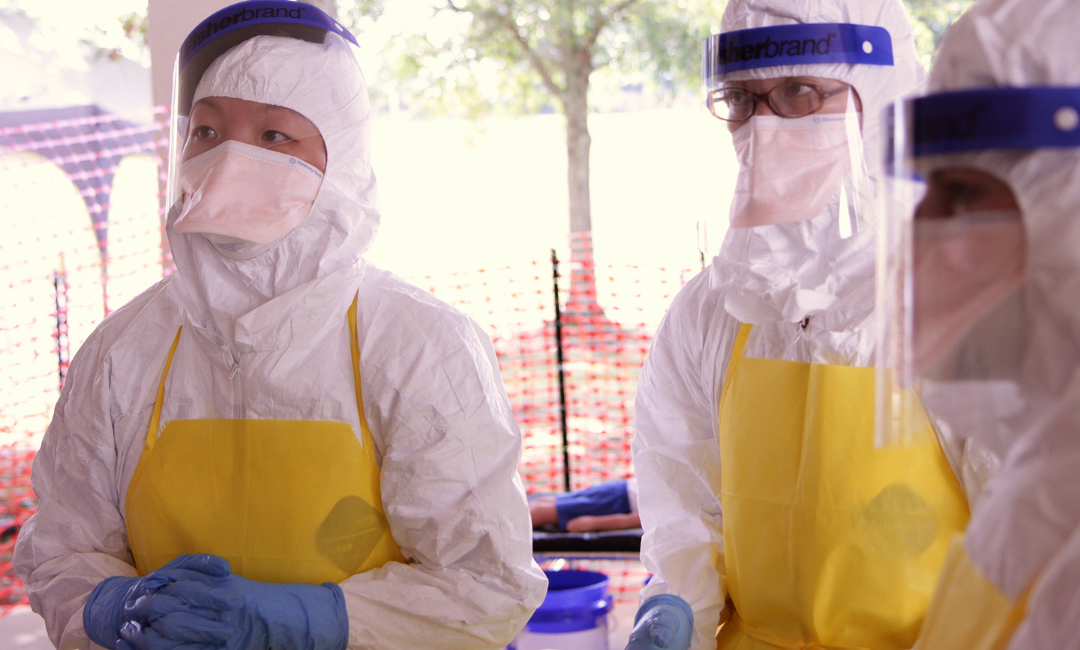An RSV Case Study
A healthy full-term 3-year-old boy with no history of asthma or pneumonia arrived at the pediatric ED with several days of fever and illness in late September. He is the younger sibling of a 5-year-old healthy girl.
The parents gave Motrin and Tylenol to the youngest child for a fever of 39.1 °C with the onset of symptoms several days ago. Following the fever, the child developed shortness of breath, a paroxysmal cough, and a decrease in appetite.
On the third day of illness, the parents reported an increased fever to 104 °F with wheezing and persistent phlegm. The parents became concerned when the child developed a notable increase in shortness of breath and lethargy accompanied by a rash. Upon arrival, the ED staff worked to stabilize the patient.
While awaiting a PICU bed, the patient had an abrupt respiratory decline. The patient’s weak and irregular breathing required prompt intubation. Blood-gas analysis showed metabolic acidosis. Comprehensive lab work suggests a bacterial infection. Radiologic studies, including a head CT, showed extensive cerebral swelling and a chest x-ray identified coarse bilateral lung markings and a diagnosis of pneumonia.
Initial supportive treatment included antibiotics to control the infection and immunoglobulin (1 g/kg) for immune support. Fourteen hours later, on the sixth day of illness, the patient experienced multiple organ failure, and despite heroic efforts, the patient passed.









